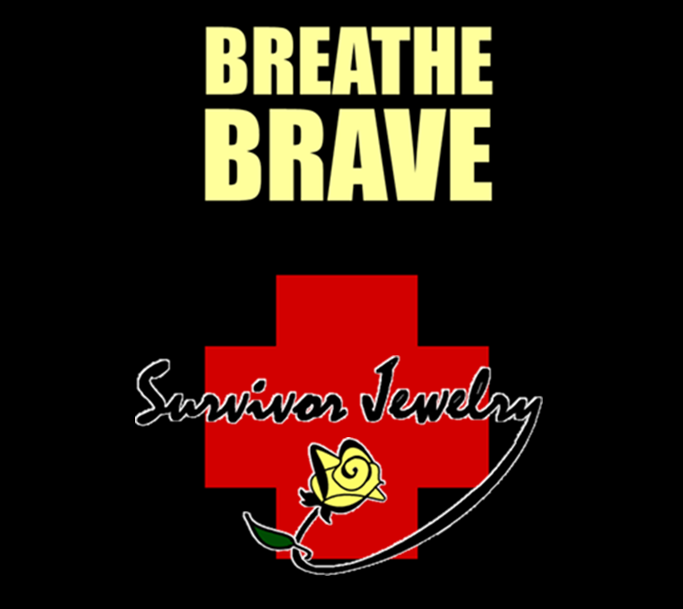In a Disney movie, if the main character is not already an orphan, there is a good chance they are going to lose a parent in the first few minutes of the film. A more dramatic movie will rely on a parent successfully fighting to save their child from impending danger. If the film is about a psycho killer and the main character has a dog, there is a good chance the pooch doesn't make it to the end credits. In action pictures, the supporting character black guy usually dies, and in horror movies, they tend to kill off the secondary slutty, white girls.
There is a predictability to these formulas. Despite people's protests about the lack of originality and bias in their creation, every year a great many movies following these formats experience overwhelming success. Cliches are cliches for a reason.
Trauma, illness, and crisis follow no such formulas. The innocent get hurt, the healthy gets sick, and very bad things happen to very good people. Life is extremely different from films. The good guys do not always win and a fight well fought does not always turn out victorious.
Predictability goes right out the window. During these times, twists and turns, altered routes and unexpected outcomes become our new normal. There is no decent way to prepare and no way to know how or if it will end.
However, these life-changing events have something in common with movies.
They often leave us in the dark on the edge of our seat. The price of admission is much higher than we want to pay. And, we all desperately long for a happy ending. We are along for the emotional ride.
In the end, we may not have chosen the journey and we may not control the outcome. But, we have the ability to give voice to our own scripts, pick our own soundtrack, interact with the characters who matter the most, and share our unique stories. We don't have to sit alone in the dark. We can turn the lights on.

